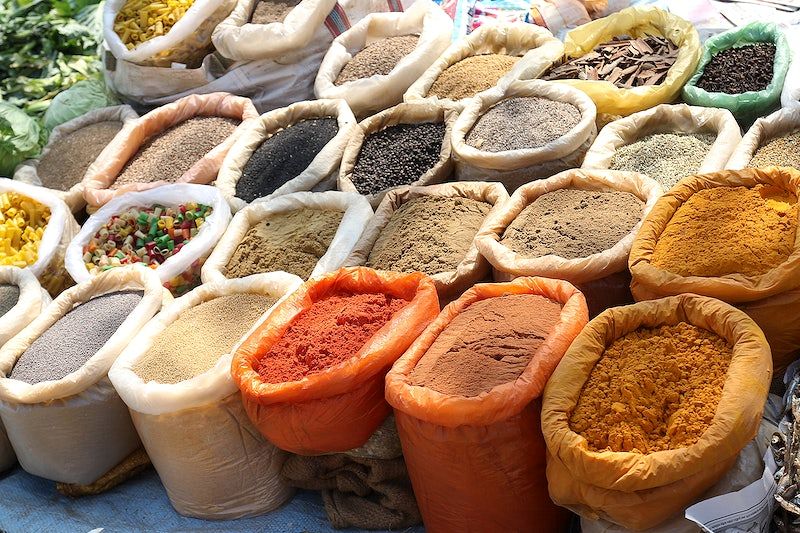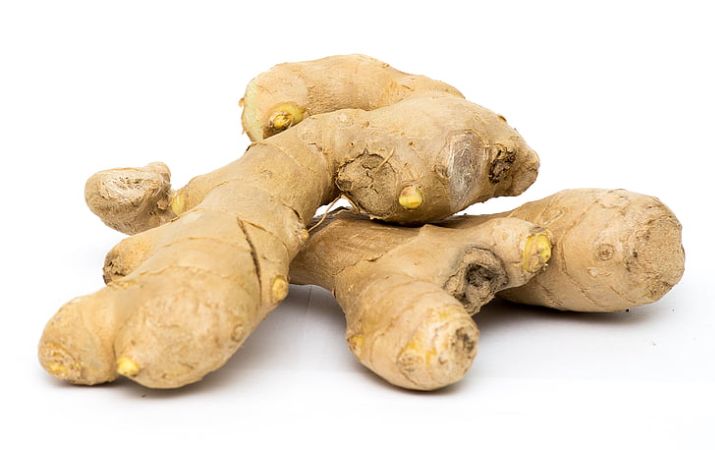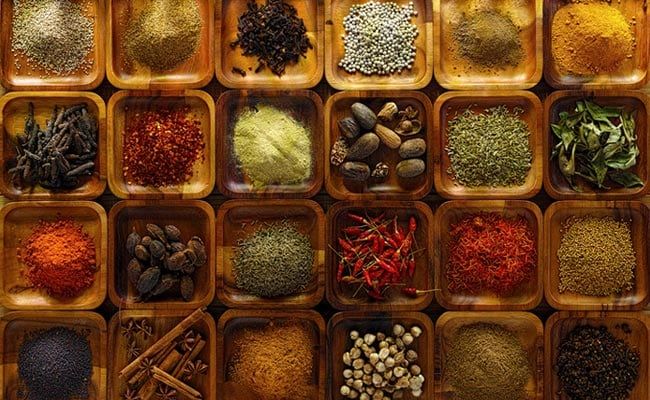Introduction:
With the Highest Nutritional Value, Spices have several health advantages. Numerous spices are renowned for having a high nutritional value and supplying essential antioxidants, vitamins, and minerals. This post will examine certain highly nutritious herbs and discuss their possible health advantages.
For millennia, people have utilized spices in cooking and medicine. Besides adding taste and flavor to dishes, many spices are renowned for their nutritional properties. Examining some herbs with a rich nutritional profile supporting a healthy diet will be helpful.

Turmeric: The Golden Spice
Curcumin is an active ingredient of turmeric, also known as the “golden spice.” Curcumin is a potent antioxidant with anti-inflammatory properties, making turmeric a valuable spice for promoting overall health.
Cinnamon: Aromatic and Nutritious
Cinnamon is a fragrant spice known for its sweet and warm flavor. Its abundance of antioxidants aids in preventing oxidative damage to the body. Cinnamon has also been researched for its ability to cut the risk of heart disease, reduce inflammation, and enhance blood sugar regulation.
Ginger: The Versatile Healer
Ginger, known for its distinct spicy and aromatic flavor, is renowned for its medicinal properties. This adaptable spice has been used millennia to ease nausea, reduce inflammation, and mild stomach discomfort.

The medicinal properties of ginger are due to gingerol, a bioactive component. It can lessen blood sugar levels, ease menstrual cramps, and reduce muscle discomfort. Incorporating ginger into your meals or consuming it as tea can provide many health benefits.
Garlic: The Heart-Healthy Spice
A common ingredient in many culinary traditions, garlic contributes more than simply its overpowering smell and scent. It contains a compound called allicin, which provides numerous health benefits.
Allicin has been linked to improved cardiovascular health by reducing blood pressure, lowering cholesterol levels, and preventing the formation of blood clots. Garlic is a fantastic spice to help general health because it has antibacterial and immune-boosting qualities.
Cayenne Pepper: The Fiery Protector
Cayenne pepper, famous for its fiery heat, can ignite more than just your taste buds. Capsaicin, the compound in this spice that gives it its particular heat and numerous health benefits, is also present.
Moreover, it possesses anti-inflammatory properties and can help relieve pain, such as headaches and arthritis discomfort. Including cayenne pepper in your diet can add a flavorful kick while providing an array of health advantages.
Cumin: Rich in Iron and Antioxidants
Many different cuisines use the warm, earthy spice known as cumin. It is an excellent source of iron, which is necessary for the body to transport oxygen. Antioxidants found in cumin also aid in preventing oxidative stress and advancing general health.
Paprika: A Source of Vitamin C
A spice prepared from dried peppers is called paprika. That gives food a bright red color. It is a good source of vitamin C, a necessary nutrient with immune-supportive qualities. Additionally essential for collagen synthesis, wound healing, and iron absorption is vitamin C.
Cloves: Fragrant and Full of Antioxidants
Cloves are aromatic flower buds that offer a unique flavor profile. They are loaded with antioxidants, including eugenol, which possesses anti-inflammatory and antimicrobial properties. Cloves may also help regulate blood sugar levels.
Oregano: A Versatile Nutritional Powerhouse
Oregano is a flavorful herb widely used in Mediterranean cuisine. It includes several substances, including rosmarinic acid, that have antioxidant qualities. Oregano also possesses antimicrobial properties and may aid in digestion.
Rosemary: Aromatic Herb with Health Benefits
Rosemary is an aromatic herb that adds a delightful flavor to dishes. It contains compounds with antioxidant and anti-inflammatory properties, potentially benefiting brain health and improving digestion.
Sage: A Flavorful Herb with Medicinal Properties
Sage is a herb known for its distinct flavor and medicinal properties. Anti-inflammatory and antioxidant compounds are present in it. Sage may also support cognitive function and help alleviate menopausal symptoms.
Thyme: Aromatic and Nutrient-Dense
Thyme is an aromatic herb widely used in cooking. It has vitamins, minerals, and essential oils with antioxidant and antibacterial properties. Thyme may also have respiratory and digestive health-supporting properties.
Nutmeg: Warm Spice with Health Benefits
Nutmeg is a warm, fragrant spice commonly used in sweet and savory dishes. Volatile oils and antioxidants in them might have bacterial and anti-inflammatory effects. Nutmeg is also a good source of minerals like copper and manganese.
Learn More About the Spices
Conclusion
Incorporating spices into your daily cooking enhances the flavor of your meals and offers a wide range of health benefits. From turmeric’s anti-inflammatory properties to ginger’s digestive soothing effects, these spices have been celebrated for centuries for their remarkable healing properties.
By exploring the nutritional value of spices, you can unlock a world of flavor and harness their potential for improving your overall well-being.
Remember that spices are not simply essential foods but nutritional and taste powerhouses. Start exploring these incredible spices today and enjoy the journey towards a healthier and more vibrant life.
FAQs (Frequently Asked Questions)
Q1: How can I incorporate these spices into my daily diet?
A1: You can add spices to your meals, such as curries, stews, soups, and marinades, or sprinkle them over roasted vegetables or grilled meats. Experiment with different spice combinations to find your preferred flavors.
Q2: Are there any side effects of consuming these spices?
A2: In general, when used in moderation, spices are safe to consume. However, some people could be allergic or sensitive to certain herbs. It is best to start slowly and consider how your body reacts.
Q3: Can these spices help with weight loss?
A3: Some spices, like cayenne pepper and cinnamon, may help boost metabolism and reduce appetite, indirectly supporting weight loss efforts. Herbs should be used with a balanced diet and regular exercise because they alone do not work as a miraculous weight loss cure.
Q4: Do spices lose their nutritional value when cooked?
A4: Cooking spices can lead to some nutrient loss, but many beneficial compounds remain intact. To preserve their nutritional value, consider adding spices towards the end of the cooking process or using them in raw or lightly cooked dishes.
Q5: Can spices alleviate inflammation in the body?
A5: Certain spices, such as turmeric, ginger, and cloves, possess anti-inflammatory properties and may help reduce inflammation. However, it’s important to remember that spices should complement a balanced and healthy lifestyle.

